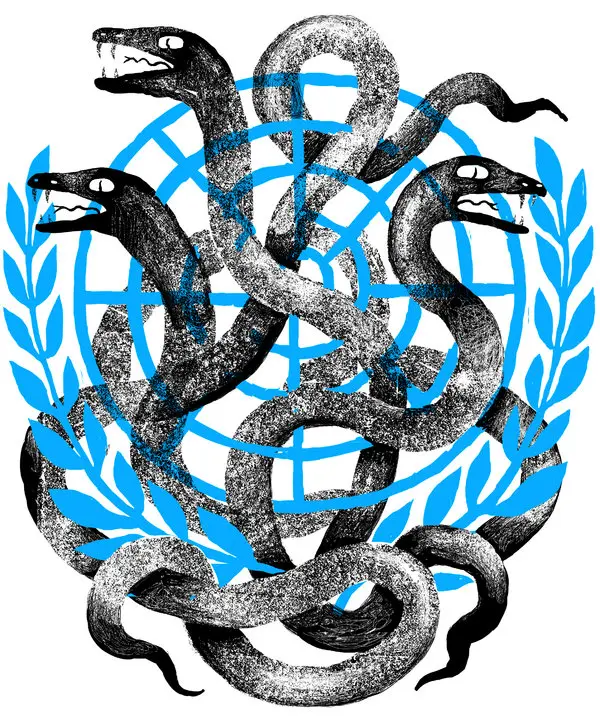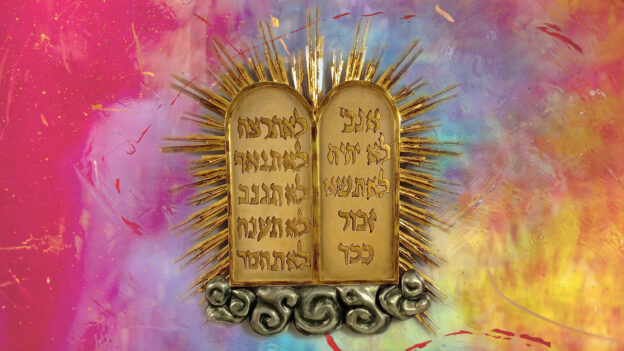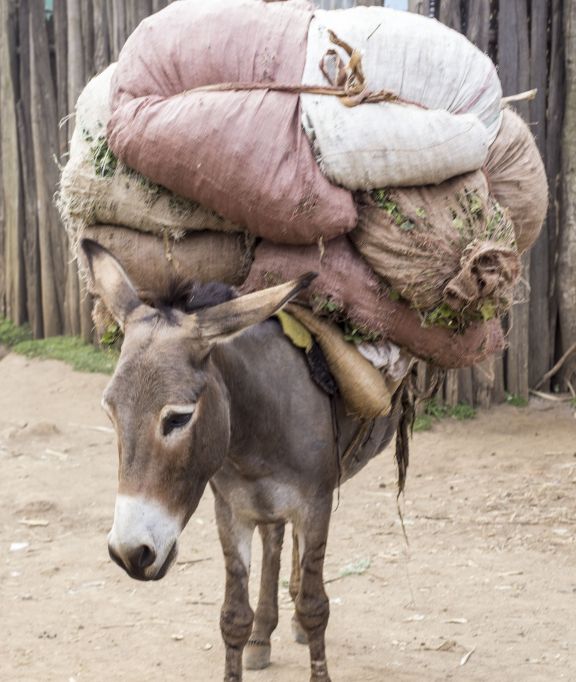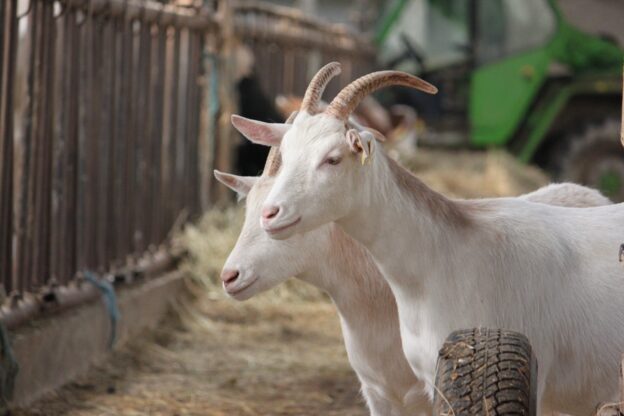Killing takes a toll – on the killed, of course; that’s pretty obvious. But also on the killers.
That is something that the Ohr Hachaim introduces in his commentary on the pasuk “And He will give you mercy and have mercy upon you” (Devarim, 13:18).
That “give you mercy” is his focus. He writes:
“This act of killing [here of the idolaters of an ir hanidachas] creates a natural cruelty in the heart of a person.”
He continues by referring to what “we are told by the sect of Yishmaelim who murder at the command of the leader, that they experience a great euphoria when they kill a man, and the natural feeling of pity is extinguished in them…”
Therefore, he explains, “Hashem assures the Jews that [after their commanded act of killing], their innate feelings of mercy… will be returned to them anew” despite their having been weakened through the act of killing.
And, further, that they will thereby be granted Heavenly mercy themselves, since “Hashem has mercy only on the merciful.”
Modern psychiatry recognizes something called “perpetrator trauma,” a presentation of post-traumatic stress disorder (PTSD) symptoms caused by an act or acts of killing.
But what the Ohr Hachaim is expounding upon is a different upshot of perpetrating violence: the erosion of the natural human instinct of mercy.
And his report about not only the post-murder desensitization of assassins (the word “assassin,” as it happens, derived from an Arabic name for the reputedly murderous Nizari Ismaili sect) but of their being enthralled by taking lives resonates all too strongly today, when we have seen Yishmaeli murderers exulting after killing men, women and children. Even the mere imagining of murdering Jews is enough to enrapture some, as they joyfully and mindlessly chant their hope to rid the Holy Land of Jews “from the river to the sea.”
© 2024 Rabbi Avi Shafran









